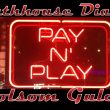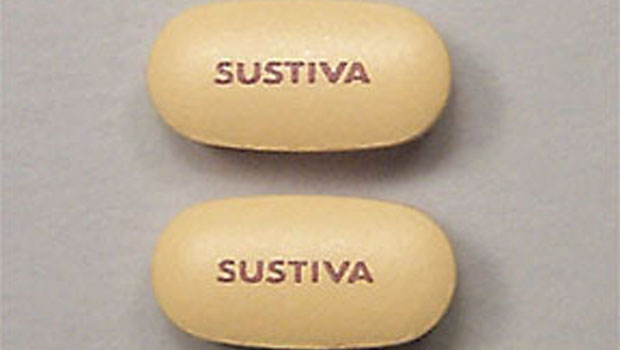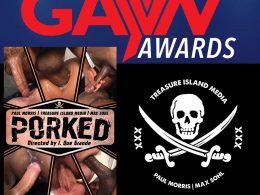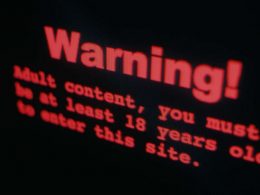
By: Kat Greene
A Delaware federal judge on Tuesday handed victory to Bristol-Myers Squibb Co. in its battle to assert its patent on its HIV treatment Sustiva against generic drugmakers Mylan Pharmaceuticals Inc. and Matrix Laboratories Ltd., finding a generic version of the drug would infringe the patent.
Bristol-Myers, which markets and sells Sustiva in 600-milligram efavirenz tablets, filed the suit in August 2010 after the generic-drug makers filed an abbreviated new drug application asking for approval to make and sell a generic version of Sustiva for HIV type 1 infections before the expiration of Bristol-Myers’ patent, U.S. Patent Number 6,673,372 B1.
U.S. District Judge Leonard P. Stark initially issued a sealed opinion in favor of Bristol-Myers in September, finding the generic-drug makers hadn’t sufficiently argued that Bristol-Myers’ claims were indefinite or unenforceable. A redacted version of that opinion was released in October after a hearing, and Tuesday’s final judgment reflects its findings, according to court records.
“Mylan’s hypothetical speculation does not constitute clear and convincing evidence of indefiniteness,” Judge Stark wrote in the sealed opinion. “[Bristol-Myers] has proved by a preponderance of the evidence that Mylan’s ANDA product infringes asserted claim 18 of the ‘372 patent. Mylan has failed to prove by clear and convincing evidence that claim 18 of the ‘372 patent is invalid.”
Mylan and Matrix initially informed Bristol-Myers in a July letter that they had filed an ANDA seeking approval to market a Sustiva generic before the expiration of the two Merck & Co. Inc. patents, for which Bristol-Myers was the exclusive licensee, and included a paragraph IV certification, according to the complaint.
But Bristol-Myers’ complaint alleges the letter did not provide a basis for any claim of noninfringement of the ‘372 patent. The plaintiff also claims the defendants’ letter contained an analysis related to the composition of generic efavirenz tablets that corresponded to and infringed its patent.
A federal judge in January 2010 knocked down Mylan and Matrix’ bid to toss the suit. In the motion, the generics makers argued that the suit lacked subject matter jurisdiction because Bristol-Myers’ patent was not listed in the U.S. Food and Drug Administration’s Orange Book, which identifies patents that have been issued or have been filed in new drug applications.
In their dismissal bid, Mylan and Matrix argued that their ANDA did not include a paragraph IV certification that the patent-in-suit was invalid or would not be infringed by the proposed generic product because the ‘372 patent was not listed in the Orange Book.
Bristol-Myers contended that listing in the Orange Book was not required for it to assert infringement and that the defendants’ ANDA was enough for it to allege infringement of the patent.
The suit went to bench trial in January 2013. Mylan argued that at least one claim in the patent was invalid for indefiniteness, because the crystals protected by the patent were indistinguishable from other related forms, according to the September opinion.
Representatives for the parties did not immediately respond to requests for comment late Tuesday.
Bristol-Myers is represented by McDonnell Boehnen Hulbert & Berghoff LLP and Novak Druce Connolly Bove & Quigg LLP.
Mylan and Matrix are represented by Morris James LLP.
The case is Bristol-Myers Squibb Co. et al. v. Mylan Pharmaceuticals Inc. et al., case number 1:09-cv-00651, in the U.S. District Court for the District of Delaware.
Note: This article does not necessarily represent the opinions of Paul Morris or Treasure Island Media. We felt it right to post, allowing each of you to digest, and form your own opinion. We look forward to hearing what you think.
